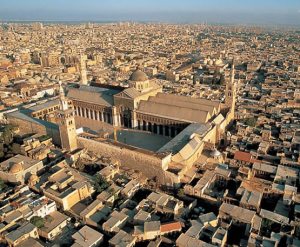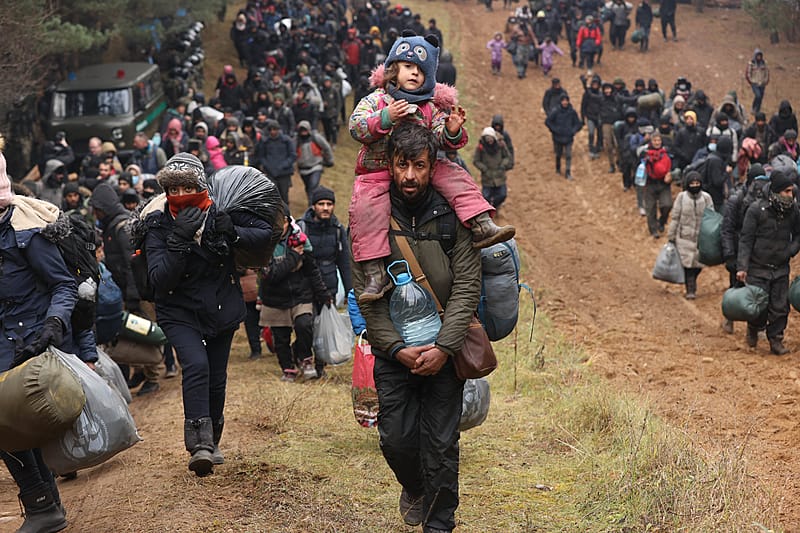São Paulo – The Middle East Study and Research Group (GEPOM) has opened registration for four online holiday courses in Portuguese in July. Four-class courses will be given on The Palestinian Issue and Brazil and Refugees and International Rights, in addition to one-off meetings on the Arab City of Damascus and the Conquest of Constantinople.
The course The Palestinian Issue and Brazil will discuss Brazil’s relations with Palestine from 1948 when Brazilian diplomat Oswaldo Aranha presided over the Assembly of the United Nations (UN), which would create the state of Israel until contemporary times. It will contextualize the history, pointing out that Nakba was a process and show the role of the Arab countries in the new geopolitical framework.
The classes will also bring reflections on the Palestinian resistance movements and the reaction of the Arab countries to the diaspora in their territories, as well as on the relations between Brazil and Palestine, especially in the 21st century. There will be four classes on Mondays, July 4, 11, 18, and 25, from 7:00 pm to 8:30 pm BRT. The course will be lectured by Professor Dr. Muna Omran and master’s student and researcher Karime Cheiato. Registration is open on Sympla or through the email [email protected].
Refugees and International Rights is an update of a project carried out last year. The course will also have four meetings. It will discuss, in the light of International Law, sensitive topics such as Iraqi refugees in the United States after 9/11, internally displaced from the Yemen conflict, Afghan refugees in Iran and Pakistan, and the reception of refugees from Ukraine in Israel. The course will be taught by historian Dr. Andrew Traumann and researcher master Luciana Garcia. The meetings will be on Wednesdays, July 6, 13, 20, and 27, from 7:00 pm to 8:30 pm BRT. Registration is open.

In the Arab Cities cycle, GEPOM will bring a class on Damascus, the oldest continuously inhabited city in the world. Syria’s capital has seen countless transformations over millennia of history. A cosmopolitan and multi-religious city, it was the capital of the Umayyad Caliphate and one of the most important provinces of the Ottoman Empire.
Damascus tells its stories through its streets, modern and ancient buildings, a symbol of Arab nationalism and Syrian resistance. The course will discuss how this historical wealth was significant for political, social, and cultural formation. The one-off meeting with Muna Omran will be this Thursday (30), from 6:30 pm to 8:30 pm BRT. Registration is open via Sympla or email too.
The Conquest of Constantinople will be the subject of another one-off meeting organized by GEPOM. The course will assess the factors that contributed to the conquest of Constantinople by the Ottomans led by Mehmet II in the 16th century and its impacts on the establishment of the Ottoman Empire. Researcher Luís Felipe Herdy will give the lecture with the participation of Professor Dr. Monique Sochaczewski. It will occur on Thursday, July 14, from 7:00 pm to 9:00 pm BRT. Registration open.
Translated by Elúsio Brasileiro




